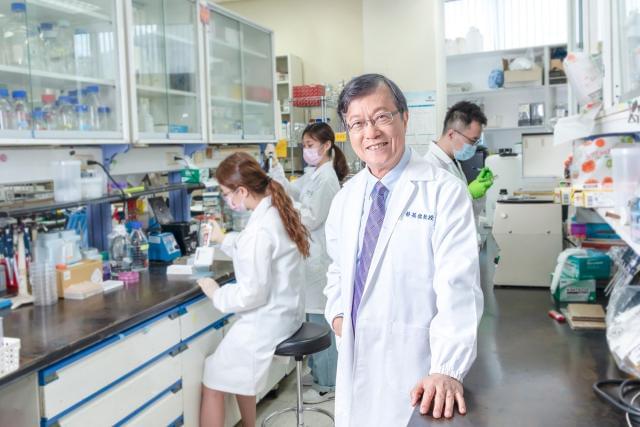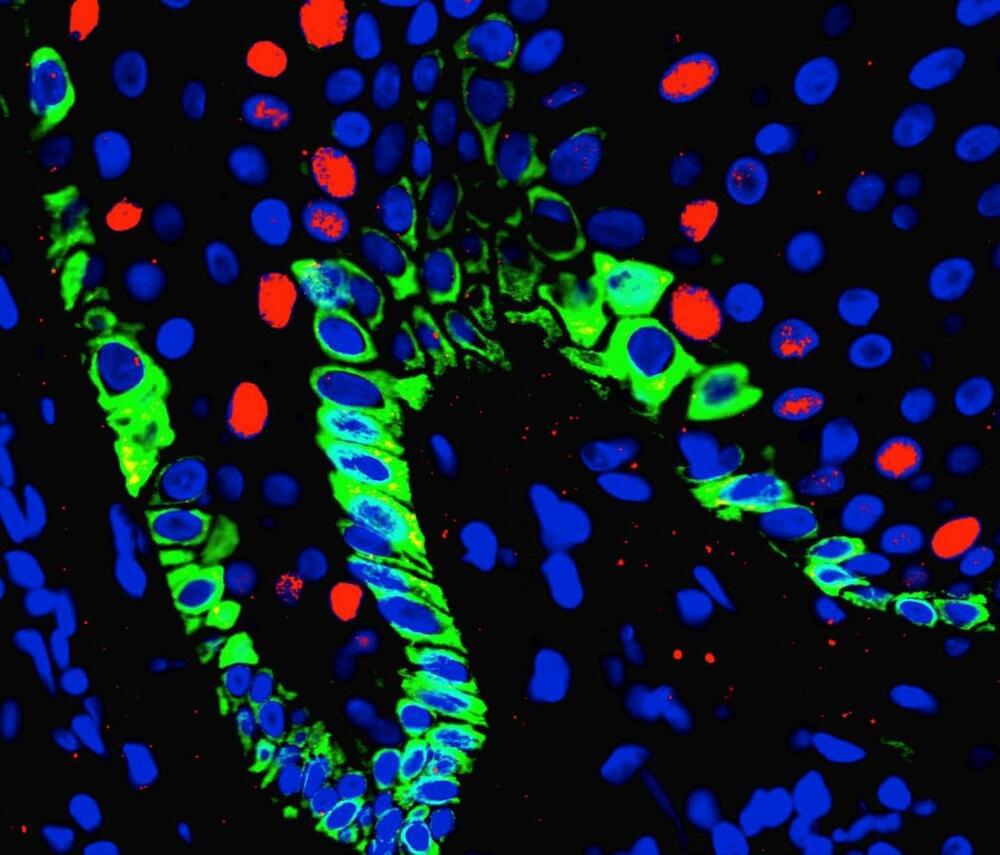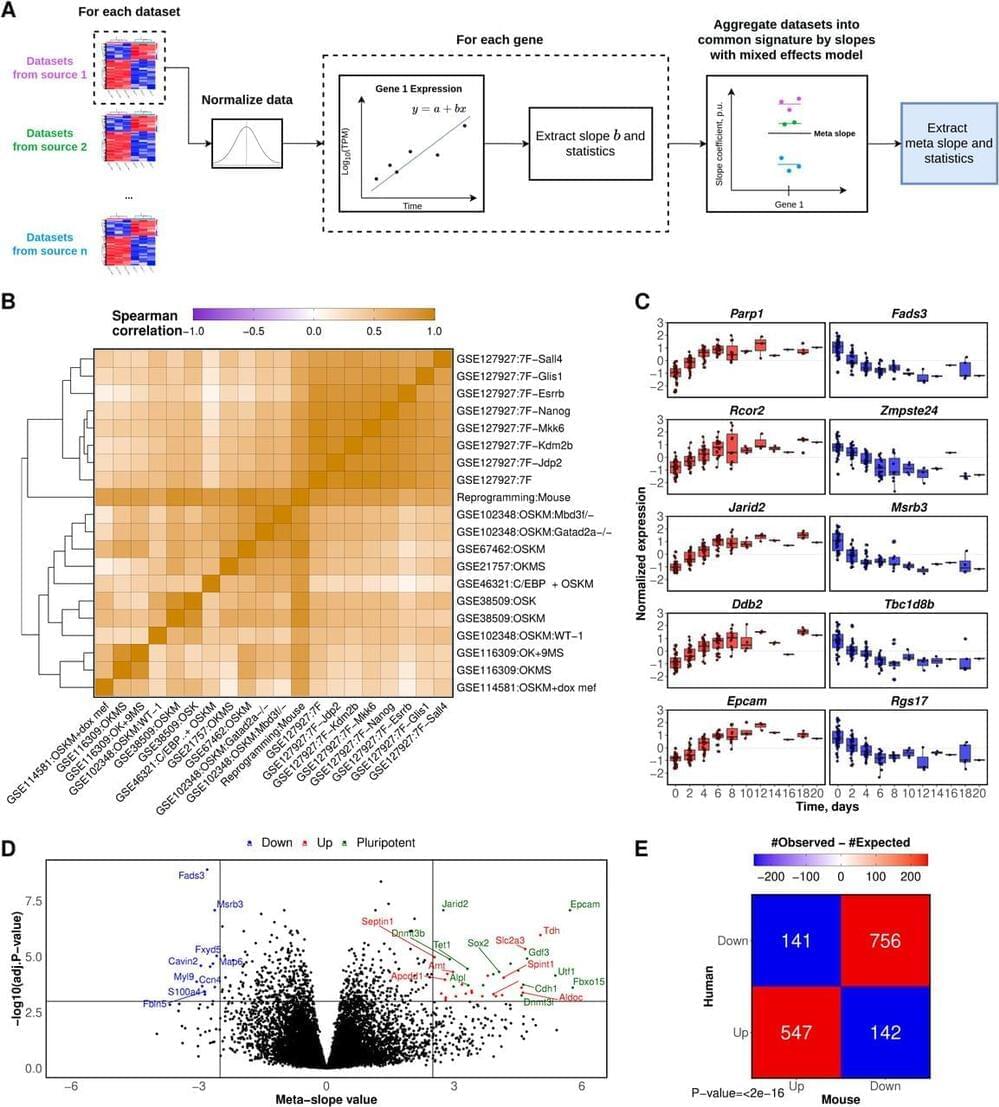Throughout our lives, our skin goes through a lot. We get sunburns, we skin our knees, we bleed, we scar and we do it again. Our skin is our largest organ and, in many ways, serves as our protector. Beyond acting as a protective barrier between us and our environment, our skin regulates our body temperature, provides immune protection against harmful microbes and blocks out harmful sunlight in ways that benefit the whole body. And when skin is injured, blood brings healing substances to the site to promote healing as the body awaits new, replacement skin cells.
Regardless of scrapes and scratches, skin cells are constantly renewing themselves throughout our lives — a process reliant on skin stem cells. These skin stem cells turn over slowly, keeping our skin healthy and young. But as we age, these skin stem cells either numerically or functionally deplete, our skin thins and we are consequentially at higher risk for developing ulcers. The older the skin, the harder it is to heal these ulcers, meaning they can become chronic, open wounds that impact lifestyle and invite infection.
But what if we could activate a skin stem cell to be more responsive to injury? To get an 80-year-old’s skin to function like a 30-year-old’s skin? Could we reverse skin stem cell age-related deterioration and improve their turnover? What if we could do so in a way that healed wounds regeneratively, without any scarring? With these questions in mind, a collaborative team of researchers from the Mass General Brigham, Boston Children’s Hospital, and four additional Harvard institutions set off to study these powerful cells.





